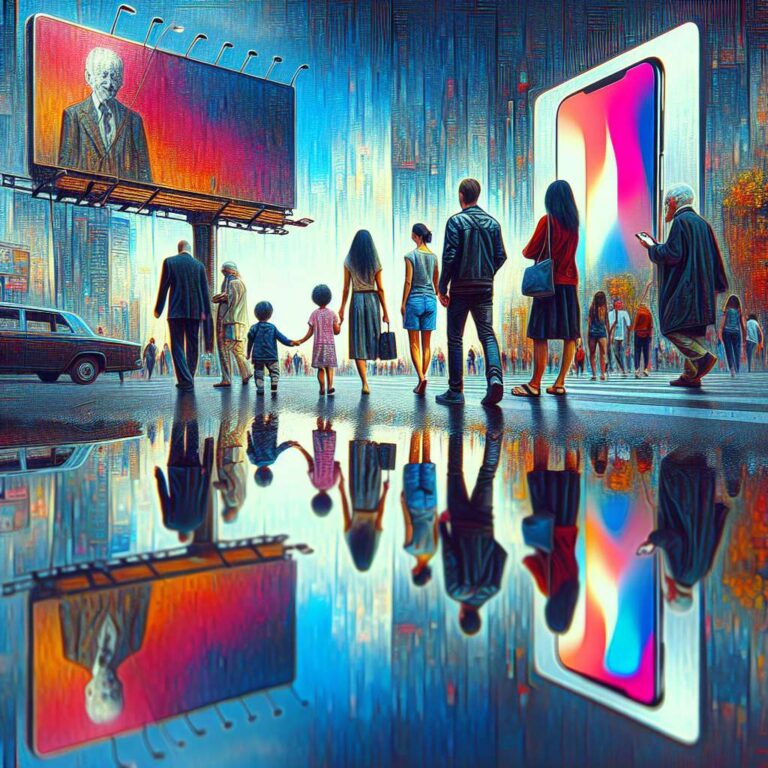Recent advances in artificial intelligence video generation models, such as Google´s Video3 (VO3) and OpenAI´s Sora, are positioning new platforms to disrupt not only YouTube and TikTok but also traditional television. The article highlights the increasingly blurred lines between synthetic and human-made content, spotlighting the opportunity for brands and creators as content discovery and creation are democratized by these emerging tools. Artificial intelligence-generated videos are becoming staggeringly realistic, with platforms like Sora and Flow Creator marrying powerful generation engines to social features, making audience discovery central to platform strategy.
Despite a proliferation of streaming services, viewers often complain about the lack of quality or novelty, amplifying the appeal of innovative, algorithmically generated content. The current limitations of streaming and Hollywood´s risk aversion open pathways for artificial intelligence-empowered creators to fill unmet audience demand. In this rapidly changing landscape, the distinction between model and platform is vital; creation engines must be supported by user-friendly interfaces and robust discovery algorithms, so both long-form and experimental creators can thrive and connect with audiences in new ways.
A turning point will come when artificial intelligence video platforms develop discovery mechanisms as sophisticated as YouTube´s or TikTok´s recommendation systems. This not only democratizes creation but potentially liberates distribution from traditional gatekeepers, as illustrated by the story of Philip K. Dick, whose science fiction works went unnoticed in his lifetime. As artificial intelligence video producers multiply, brands are presented with new models for advertising: working with creators, embedding products in narratives, placing ads in content streams, or building their own interactive artificial intelligence-powered platforms. With the traditional paid search landscape unsettled by artificial intelligence-driven search, brands face not just lower advertising costs but a broader imperative to rethink their engagement strategies. Success in the artificial intelligence era will go to brands willing to create platforms and environments that attract and engage buyers, not just sell products.

